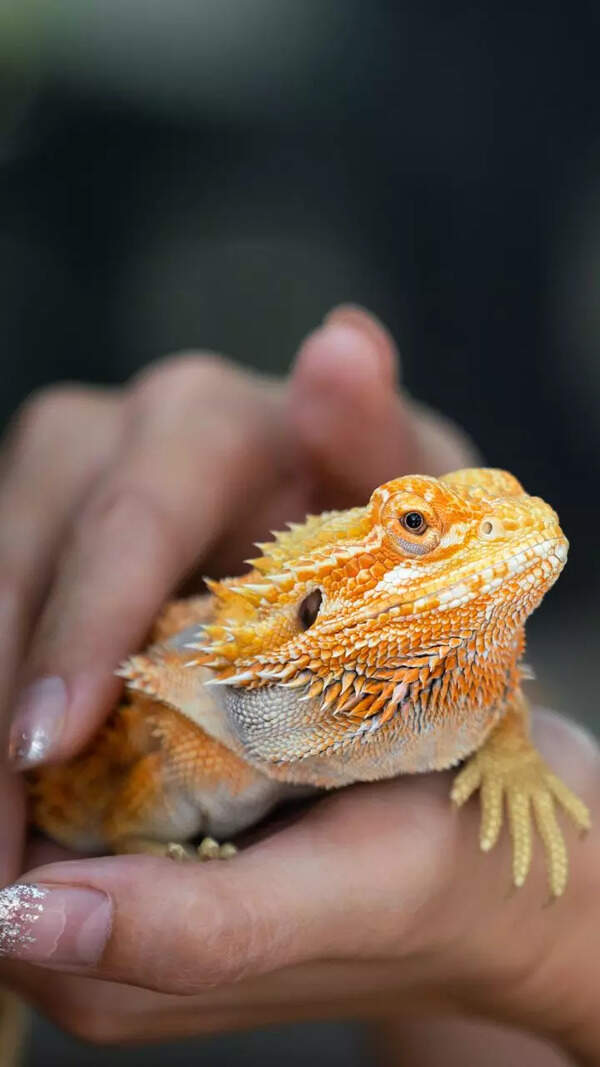- News
- City News
- mumbai News
- IIT Guwahati unveils innovative 3D printed dummy ballot unit
Trending
IIT Guwahati unveils innovative 3D printed dummy ballot unit
SVEEP and IIT Guwahati partnered to develop a 3D printed dummy ballot unit, aiming to educate voters. The initiative includes interactive elements, eco-friendly design, and a focus on voter engagement to enhance understanding of the voting process.

IIT Guwahati unveils innovative 3D printed dummy ballot unit
The primary objective of the 3D printed dummy ballot unit is to acquaint citizens, particularly first-time voters and senior citizens, with the voting process, addressing any apprehensions or uncertainties they may have.The dummy ballot unit seeks to promote maximum voter participation by offering a practical experience.
Keerthi Jalli, Deputy Commissioner of Kamrup, Guwahati, Assam, expressed gratitude for IIT Guwahati's innovative initiative, stating, "We commend IIT Guwahati for their collaboration and swift design and manufacturing of this highly practical tool. It is certain to aid individuals in gaining familiarity with the voting process, thereby bolstering their confidence, and encouraging greater participation in democratic practices."
The dummy ballot unit, created using advanced 3D printing technology and PLA, a biodegradable material derived from corn starch, was designed and produced by IIT Guwahati researchers within a mere 48 hours. It features interactive elements such as sound and light output indicators to assist users during the voting process.
This groundbreaking project by the IIT Guwahati team marks the first instance in India of developing a 3D printed dummy ballot unit. The use of PLA ensures that the device is not only eco-friendly but also reusable, contributing to sustainable practices in voter education initiatives.
Prof. Ajeet Kumar, Assistant Professor at IIT Guwahati, emphasized the significance of the developed ballot unit, saying, "With its interactive features and biodegradable material, this innovative tool will serve as a valuable resource in educating citizens about the voting process. Our team at IIT Guwahati takes pride in having designed a solution that will empower people to participate in democracy with confidence."
Prof. Parameswar K. Iyer, Dean PRBR, IIT Guwahati, highlighted the importance of the collaboration between IIT Guwahati and the SVEEP cell of Kamrup district, stating, "Through this partnership, IIT Guwahati aims to ease anxiety and empower citizens with a deeper understanding of the voting process. The rapid design and manufacture of these portable ballot units using biodegradable polymer materials underscores the innovative spirit of the Institute's design department. We are proud to partner with Kamrup district and introduce this major initiative for the success of democratic processes, which marks a significant step forward in voter awareness and education in India."
Prof. Rajeev Ahuja, Director, IIT Guwahati, commended the initiatives of IIT Guwahati's collaboration with Kamrup district, saying, "This project focuses on developing an educational electronic voting machine to familiarise users with the democratic process of our nation. By simulating real voting scenarios, we aim to enhance understanding and engagement with electoral systems prevailing presently and will replicate the voting process."
SVEEP, an overarching program in
End of Article
FOLLOW US ON SOCIAL MEDIA










